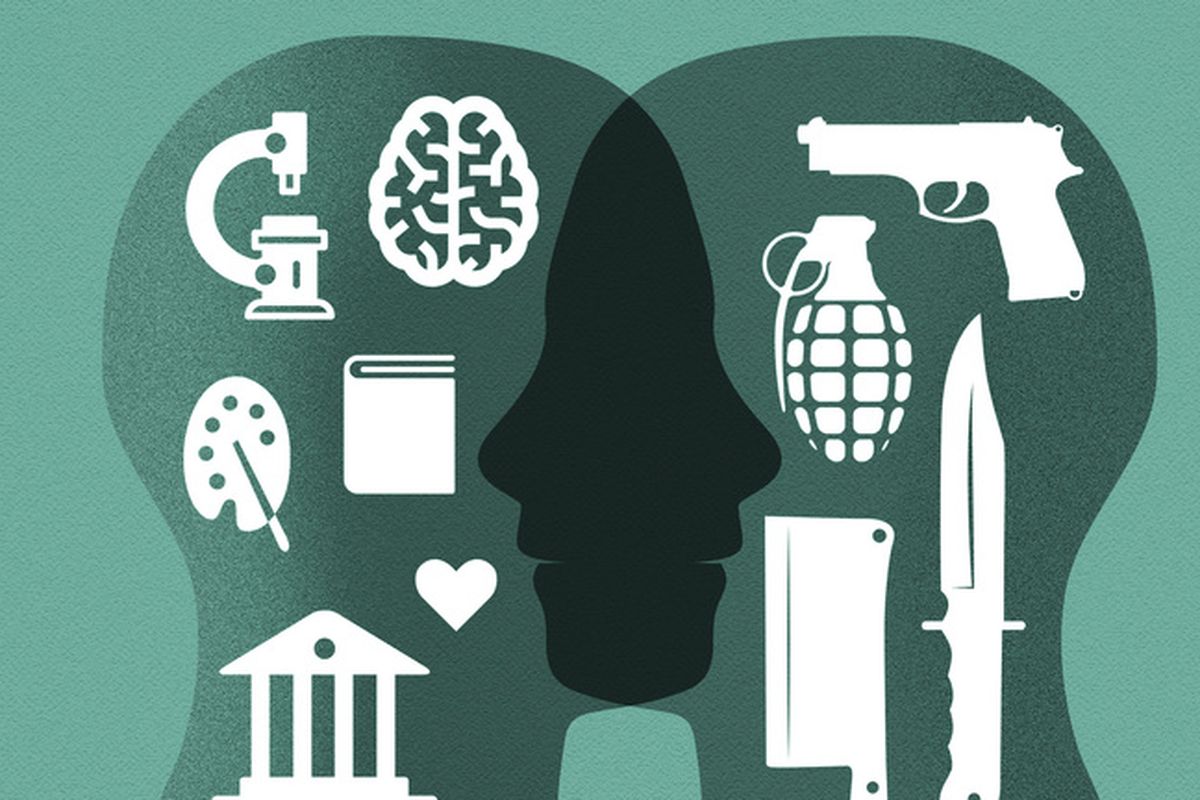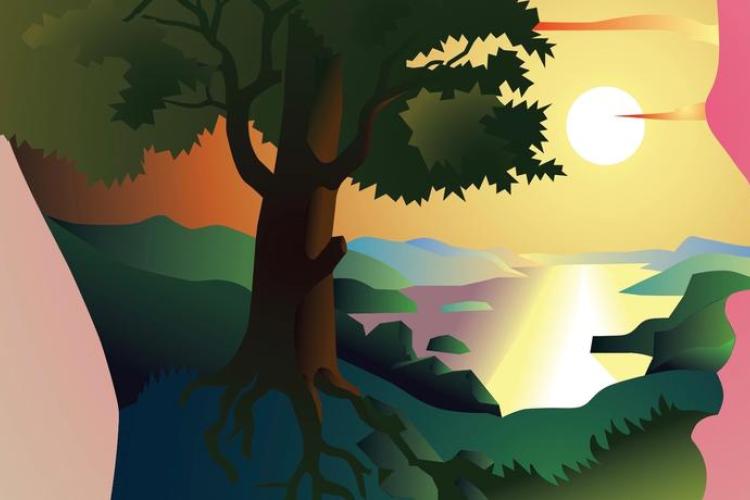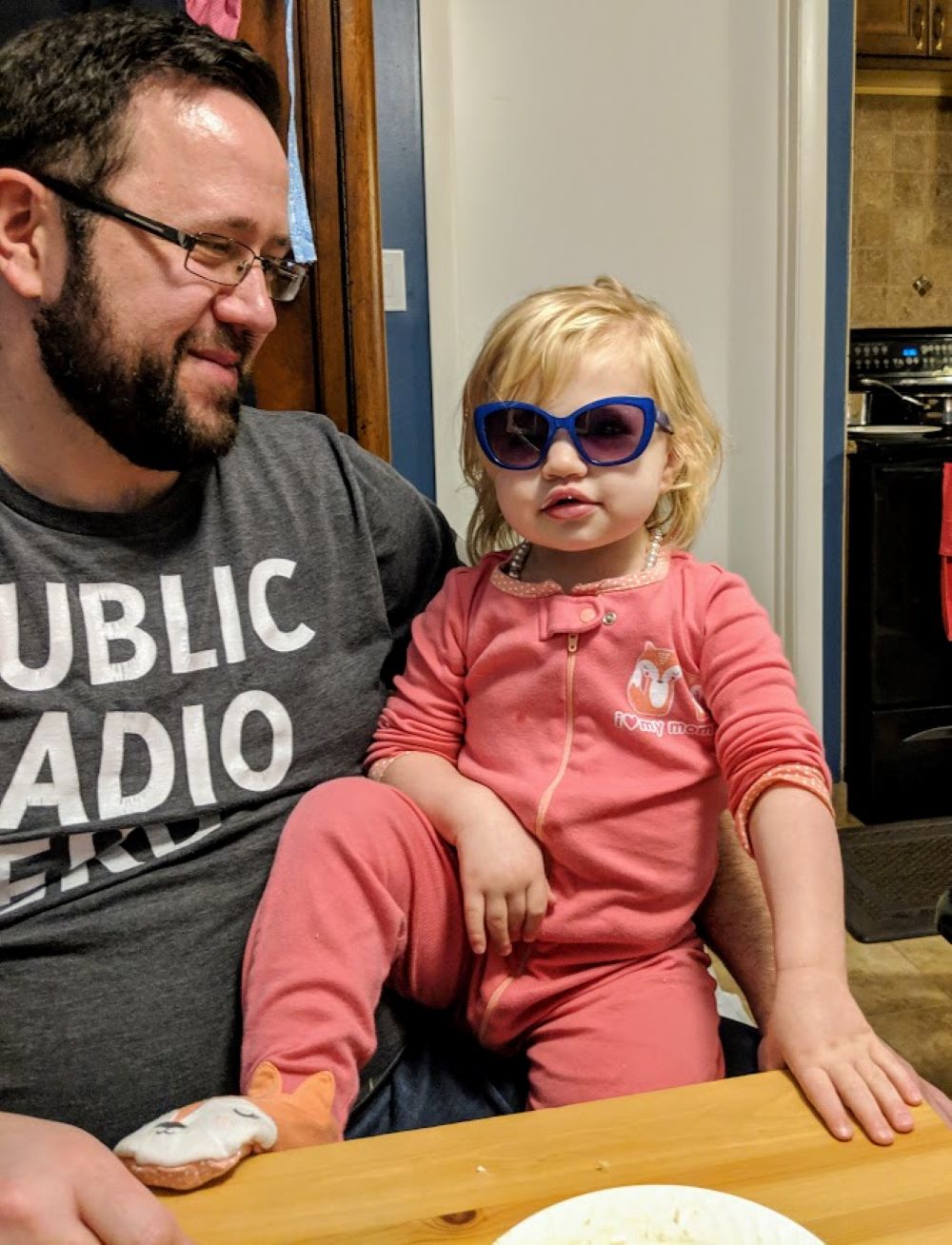Biology is not Destiny: Exploring the Role Culture has on Human Biology (FNDS 1604)

This is a course that will deal with some very “big questions” about human nature.
What does it mean to be human? How are we all the same? How are we different? Are men and women really all that different from one another? Do races exist in biology? Are men born to be more aggressive than women?
We’re going to approach these important questions through the lens of “myth busting”, where we’ll tackle one theme at time and see what anthropology and related sciences have to say about it. My goal is that you will leave the course with not only some understanding of anthropology and human existence (which should have a profound impact on how you view and interact with people around you), but that you’ll have developed some critical thinking and communication skills that will set you up for success in your college career and beyond.
This course covers topics in the disciplines of Anthropology, Sociology, Biology, Women and Gender Studies.

Who should take this course?
Anyone interested in human behavior. If you’re at all curious about why humans do the things they do, this course is a great fit for you!
More about this course
Course number: FNDS 1604
Number of Credits: 4
Search UM-Dearborn Class Schedule to find out more.
Dearborn Discovery Core requirements met: Social and Behavioral Analysis
Meet your faculty member: Patrick Beauchesne, Associate Professor of Anthropology
One of the benefits of taking a Foundations course is gaining a faculty mentor that can support you throughout your college career. Get to know Patrick Beauchesne, faculty member for Biology is not Destiny: Exploring the Role Culture has on Human Biology.

Hello! I grew up in Montreal, Canada, but I’ve also lived in the Toronto area for many years, and then in Berkeley, California for about 10 years.
I am a biological anthropologist and I’ve been fortunate enough to travel to Peru, Turkey and Italy to study ancient skeletons to learn about what life was like hundreds to thousands of years ago. Believe it or not, our skeletons record a lot about our lives that a trained observer can help uncover. I’m most interested in how culture shapes biology from the time we’re born into old age.
Although I’m passionate about anthropology, I have many other interests too. I love to cook, talk about food, listen to all kinds of music, watch great TV shows and movies, and spending time with my family.
Have questions about this course? Email Dr. Beauchesne at [email protected].
